Is the password ill-equipped for the modern world?
It’s been around since pretty much the dawn of computing, but can the humble password ever again be regarded as secure?
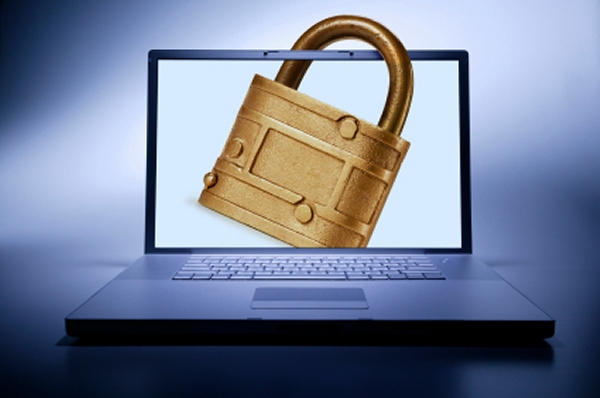
Furthermore, around a quarter of users are believed to have a password that's based around the 1,000 most popular, lists of which aren't tricky to gleam from the web. A brute force attack on a password, using modern computing power, could devour such a list in a matter of minutes. Adding some of the most popular suffixes to the recipe would still fail to trouble a brute force attack. And more worryingly, users continue to demonstrate a willingness to either share their password with others, or simply make it so easy to guess, that it's borderline redundant.
Stuck in their ways
To further compound the problem, once many users have decided on their password, then that's it. There's no hope of persuading them to change it, unless a network has a specific policy that enforces such a change (which is, arguably, of limited use).
Of greater concern, one single password then gets applied pretty much across the board. It finds itself standing between outsiders and the likes of online banking, PayPal, social networking sites and business accounts, and rarely under duress could it put up any kind of spirited defence. That said, this is also a by-product of the modern day society, where users are expecting to remember a cornucopia of PINs and passwords. It is any wonder that a good number of people tend to rely on old favourites?
So where does the password sit in the modern day world? Arguably in too powerful a position seems to be the answer. Companies are inevitably investigating ways they can beef this up, including employing password filtering software, which rejects any words that it feels are too weak, and instead encourages users to come up with something of more strength. Then, of course, we move into the world of biometrics and fingerprint scanners, when security is absolutely paramount, with an assortment of other solutions regularly arising too.
And yet the humble password should be able to do more than it currently delivers. As part of a rounded security system, the password still manages to keep most general and casual users at bay, and it does still take a small level of commitment to try and work out what a user's password is. There's an argument that runs that dedicated hackers will always find a way, and while that's little excuse for not making it as difficult as possible, as a general deterrent, a password really does have its place.
They key problem remains, of course, one of education. Until users fully appreciate the potential fallout of a compromised password or until, more specifically, something happens to them then the chances are that it'll still be seen as yet another word to remember, rather than the potent security tool that it could and should be.
Sign up today and you will receive a free copy of our Future Focus 2025 report - the leading guidance on AI, cybersecurity and other IT challenges as per 700+ senior executives
One hint though, if you happen to be running for high office in the US: beef up your security a bit, eh?
-
 Millions of Dell laptops are are at risk thanks to a Broadcom chip vulnerability – and more than 100 device models are impacted
Millions of Dell laptops are are at risk thanks to a Broadcom chip vulnerability – and more than 100 device models are impactedNews Widely used in high-security environments, the PCs are vulnerable to attacks allowing the theft of sensitive data
-
 ‘A huge national security risk’: Thousands of government laptops, tablets, and phones are missing and nowhere to be found
‘A huge national security risk’: Thousands of government laptops, tablets, and phones are missing and nowhere to be foundNews A freedom of information disclosure shows more than 2,000 government-issued phones, tablets, and laptops have been lost or stolen, prompting huge cybersecurity concerns.
-
 Iranian hackers targeted nuclear expert, ported Windows infection chain to Mac in a week
Iranian hackers targeted nuclear expert, ported Windows infection chain to Mac in a weekNews Fresh research demonstrates the sophistication and capability of state-sponsored threat actors to compromise diverse targets
-
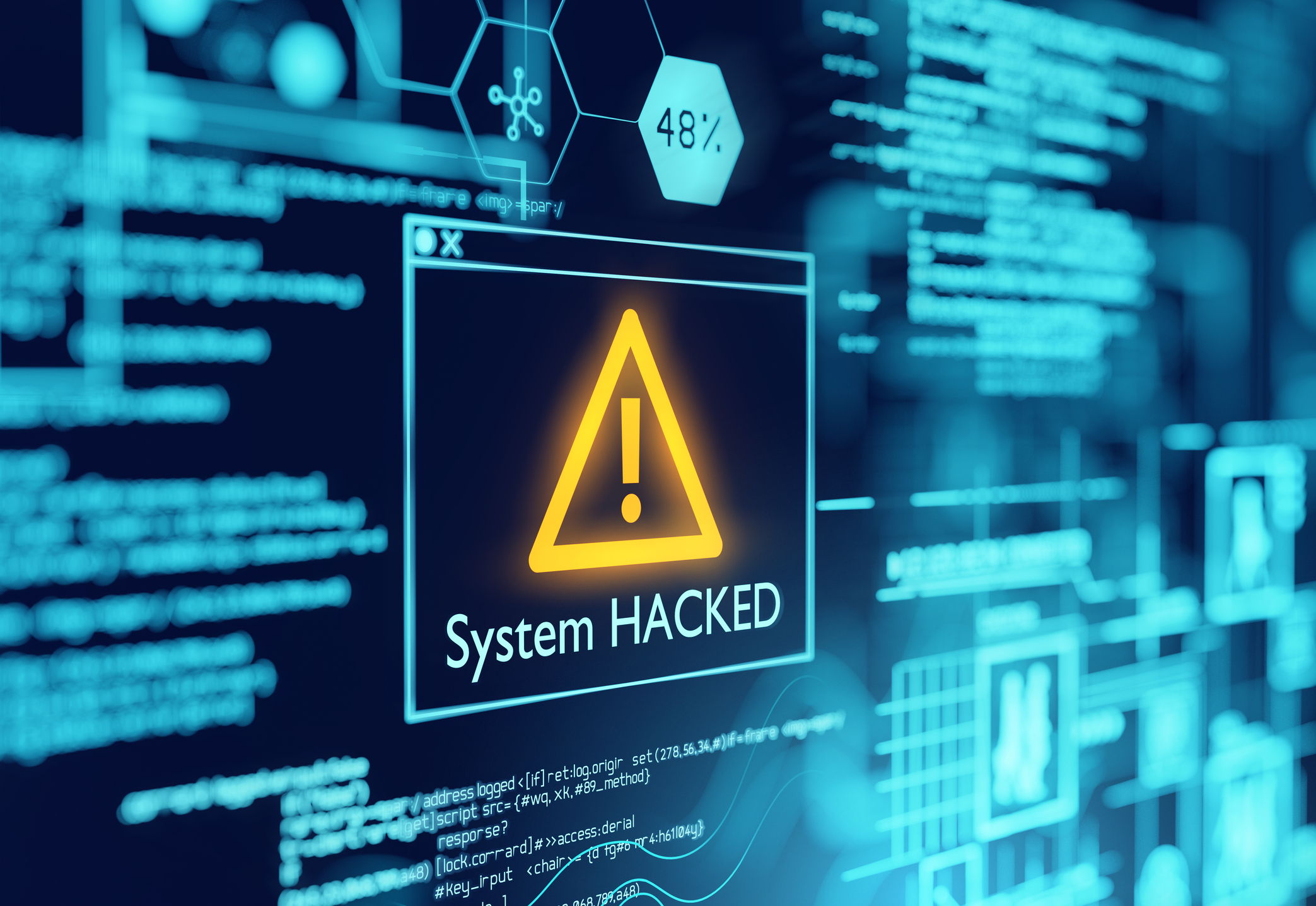 The top malware and ransomware threats for April 2023
The top malware and ransomware threats for April 2023News New ransomware gangs and malware abound as hackers continue to evolve their tactics
-
 How we test security software
How we test security softwareReviews Everything you need to know about our benchmarking process for antivirus products
-
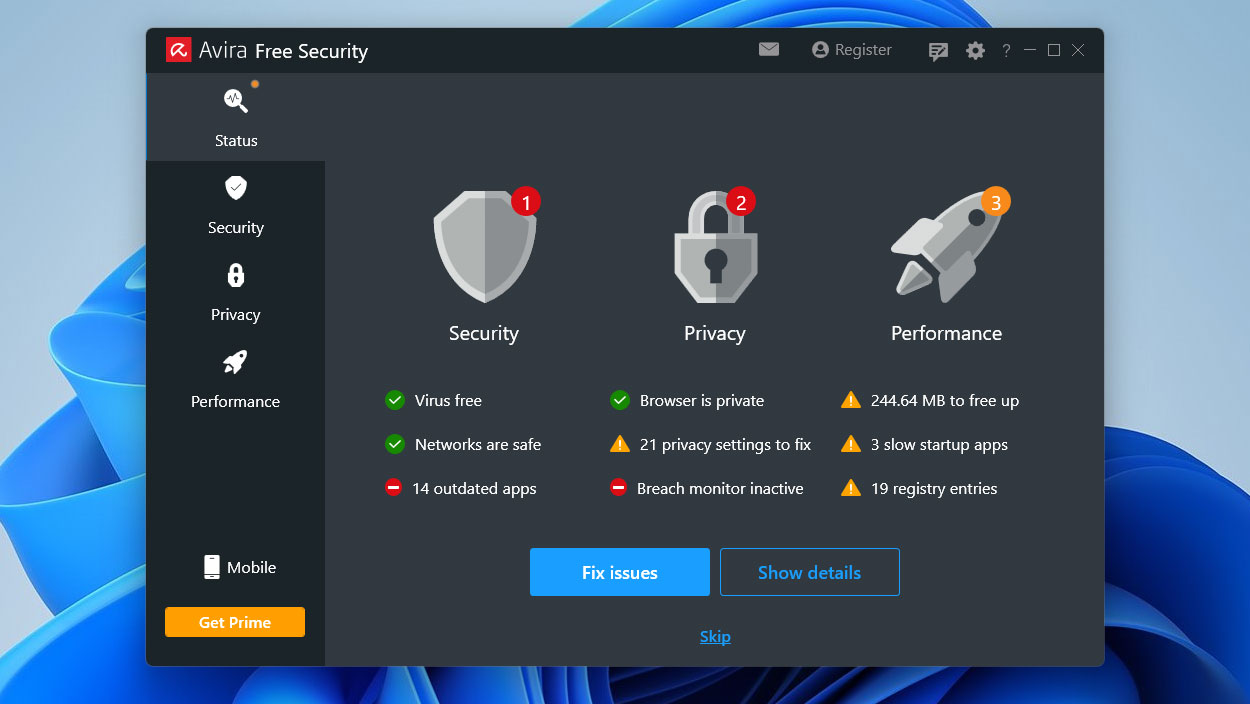 Avira Free Security review: An effective antimalware suite, but heavy on the marketing
Avira Free Security review: An effective antimalware suite, but heavy on the marketingReviews It’s hard to fully appreciate Avira’s malware protection when the packaging feels so manipulative
-
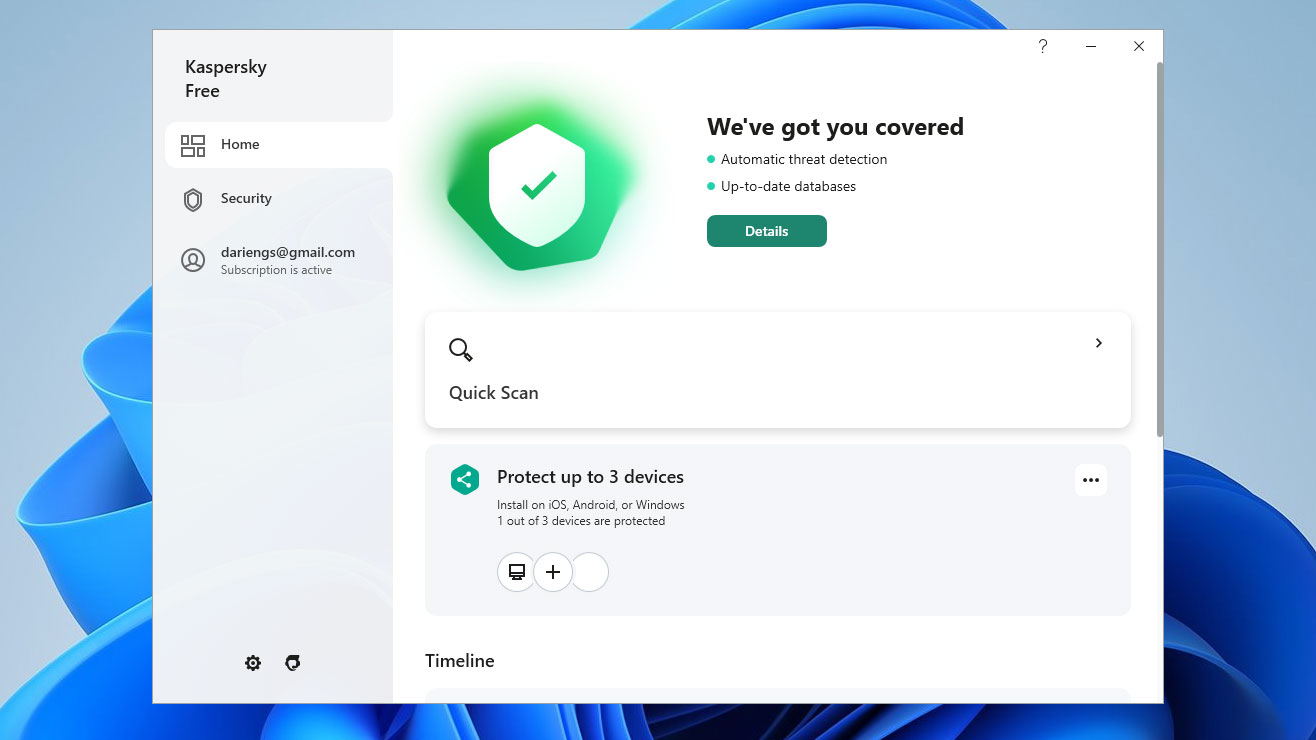 Kaspersky Free review: Effective and lightweight – everything you want from a free antivirus solution
Kaspersky Free review: Effective and lightweight – everything you want from a free antivirus solutionReviews It’ll be a real shame if politics means people missing out on this top-class security tool
-
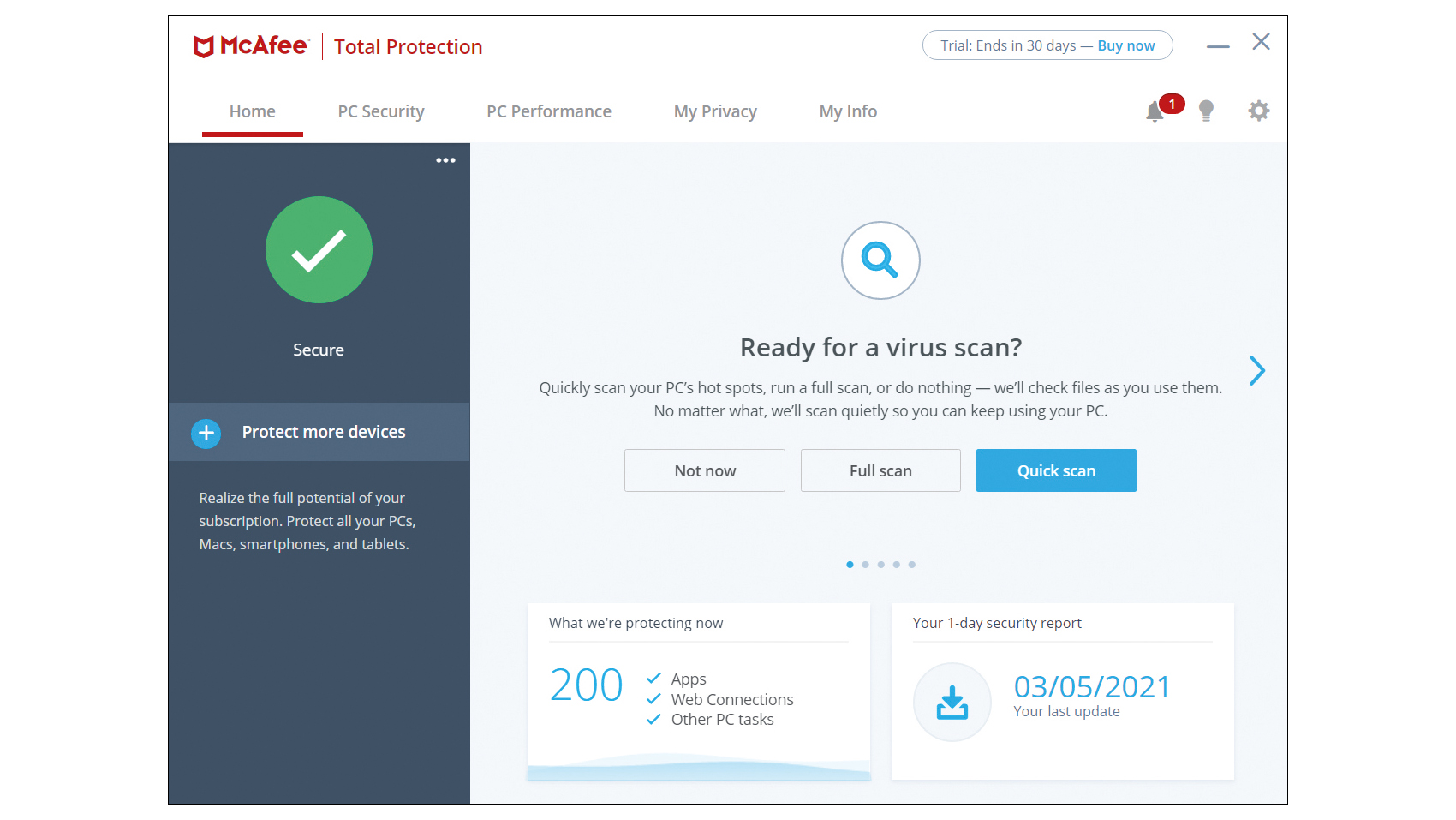 McAfee Total Protection review: Quick, effective and affordable
McAfee Total Protection review: Quick, effective and affordableReviews A solid security choice, with perfect malware protection, a fully functional VPN and more

